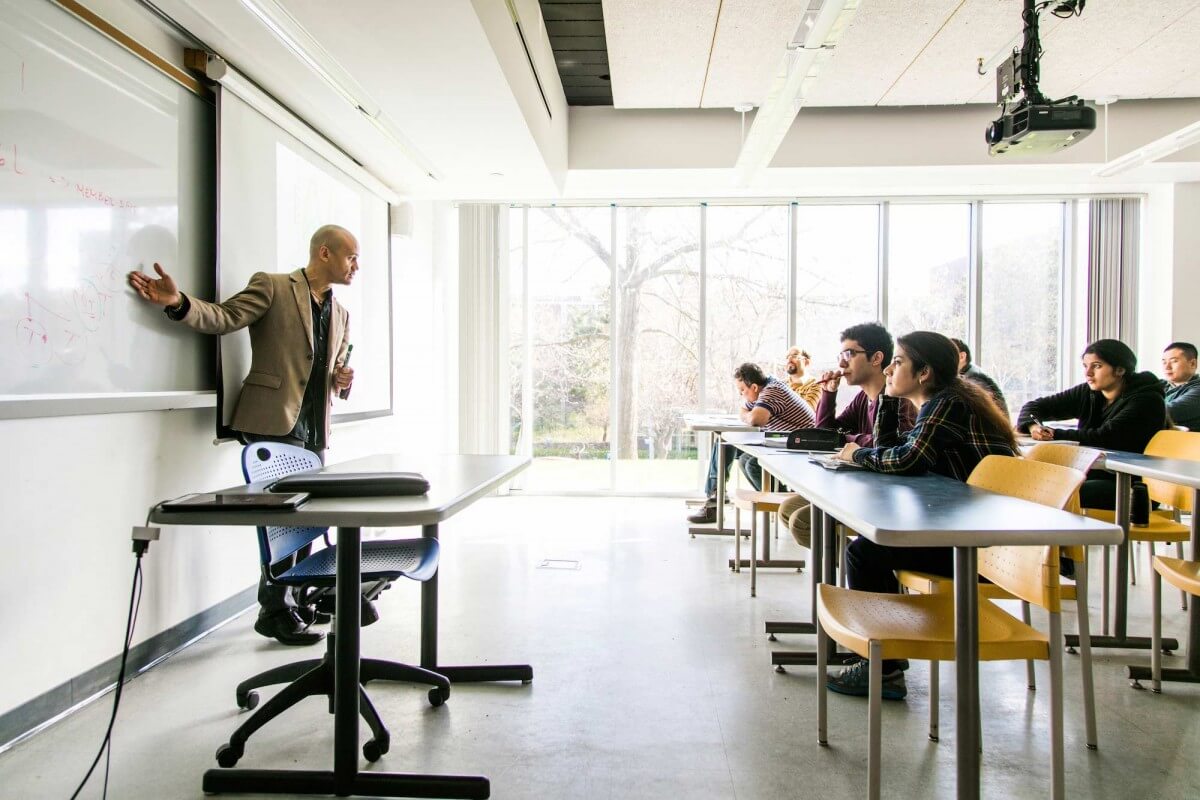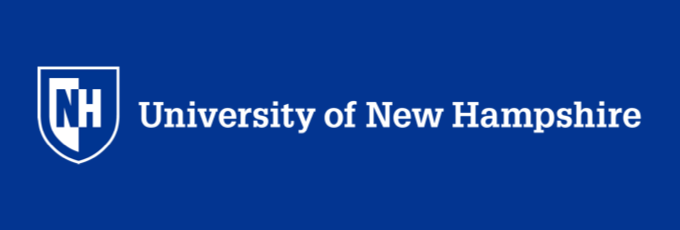The world needs more critical thinkers and problem-solvers. Globalisation couldn’t have happened without Nikola Tesla’s invention of wireless radio communication or James Watt’s improvement of steam engines.
The scale of technological disruption today is due to the work of engineers like the Google founders or Marc Andreesen, co-author of Mosaic, the first widely-used Web browser. Beyond these big stars, engineers are responsible for the creative solutions that solve a big chunk of society’s everyday problems.
In short, engineers feature prominently in humanity’s list of achievements.
But the engineering know-how of yesterday can only bring us so far as we face the future. To continue the sector’s impressive track record, we’re going to need inspired engineering talent with a strong drive for social betterment.
Enter the College of Engineering and Physical Sciences (CEPS) at the University of New Hampshire (UNH).

Source: UNH
This public research university is intent on making sure each student has the ability to become an engineering leader. From a commitment to cutting-edge research to award-winning faculty and industry placements, this is an educational experience unlike any other.
“The CEPS community is continuously focused on our mission of providing a world-class educational experience that fosters mastery of the fundamentals while promoting experiential learning, innovative research, engagement and entrepreneurship,” says Wayne Jones Jr, Dean of the CEPS.
A robot arm, ‘smart’ bandages and a new Manufacturing Center for the future
Earlier this year, the usual ribbon-cutting ceremony to officiate a new building got a futuristic upgrade at the CEPS. For the opening of UNH’s new John Olson Advanced Manufacturing Center, a state-of-the-art robotic arm took on the duty of cutting the ribbon, a fitting symbol of the college’s many initiatives to prepare students for a hi-tech future.
Focusing on advanced manufacturing technologies, the Manufacturing Center helps CEPS’s Bachelors, Masters and Doctoral students seamlessly transition to New Hampshire’s — and the world’s — manufacturing sector in such areas as high-precision machining, light materials, flexible electronics and Industry 4.0.
“We’re very, very excited. This is going to be a great opportunity to educate the next generation of the workforce,” says Dean Bartles, Director of the Manufacturing Center.
As one of the top 50 public universities in the country, Centers like this are part and parcel of what studying at a world-class, research-driven institution is like.
Collaboration with the very establishments steering humanity’s progress in science and innovation today, such as the National Oceanic and Atmospheric Administration (NOAA), National Aeronautics and Space Administration (NASA), National Science Foundation (NSF) and National Institutes of Health (NIH), also help bring students to the very top of their game.
Studying at the CEPS means immersing yourself in an inspired, multidisciplinary setting. Mechanical engineering professor Yaning Li is creating “smart” bandages, bringing together the mechanics of materials, bio-inspired engineering and 3D printing to create a unique microstructure that could be triggered to release medicine based on different levels of swelling.
“Nature provides such a great pool of potential engineering solutions,” says Li.
This inspired setting is where students from 49 states and 72 countries have the chance to work together with award-winning faculty to understand and improve the world around us.

Source: UNH
Take Nadia Fereydooni, a Computer Engineering ’18 student, as an example. A typical day sounds as ordinary as can be. She attends her 8am classes every day, works out at the gym, has lunch with staff members, hangs out with friends and finishes her homework at night.
Yet, there’s nothing ordinary about her dreams. “I want to go into either human-computer interaction or robotics. I’d like to work for Google or Facebook, but the ultimate dream job is having my own Google,” she explains.
Such aspirations are built on the support of a research advisor who’s understanding, but never stops pushing students towards realising their true passions.
Industry exposure and hands-on skills are weaved into the curriculum. From on-campus recruitment fairs to internship opportunities, the CEPS is committed to helping students find meaningful work experiences beyond their schooling.
In the classroom, there are research and design project activities that form part of the ‘capstone’ learning experiences for undergraduates. This is where students get to work on a multi-disciplinary engineering project and apply skills learned in other courses while working with real-world problems or clients.
One notable project saw five UNH students — mechanical engineering majors Patrick Sullivan ’18, Carl Stohlberg ’18, Peng Liu ’18, and Zhenghao Lu ’19 and computer science major Matt Gray ’18 — answer the call by warehouse automation company Symbotic to create a utility cleaning robot that would vacuum and clean dense storage structures where Symbotic robots operate.
The exercise required the students to master computational fluid dynamics, 3D modeling, coding and wireless communication. And not only did they secure a senior capstone project, they also gained skills in teamwork and design and valuable experience with industry collaboration.
Symbotic’s Senior Director, Juergen Conrad, who worked with the UNH team, said: “When the two worlds of theoretical and practical experience meet you come up with very good solutions for prototypes.”

Source: UNH
Graduates who form such solutions go far when it comes to landing a job and making their mark in the world. As seen in the UNH employability study, 90 percent of the Class of ‘17 are either employed or enrolled in a program of further education. Multiple graduates joined the employee roll of distinguished companies like Dell, EMC, Medical Healthcare Solutions, NASA, etc.
Last year’s Distinguished Alumnus Award – an annual event to recognise outstanding contributions to society – went to NASA astronaut Lee Morin, a member of the Orion Mission, which is building a human spacecraft that will take us further than we’ve gone before.
“It is a great honor to have the university recognize me,” says Morin, who previously received the Granite State Award during the 2010 commencement ceremony. “When I come back to campus, it is always an emotional rush for me. UNH has a special place in my life.
He said the progress he’s witnessed in science and technology over his career has been reflected in the progress made on the UNH campus, expressing his delight to see it grow and expand its facilities to create more opportunities in what he called the golden era of engineering and technology.
“That gives so much more for our students to work with. The possibilities are endless,” he concludes.
Follow UNH on Facebook, Twitter, YouTube, Snapchat, Instagram and LinkedIn











